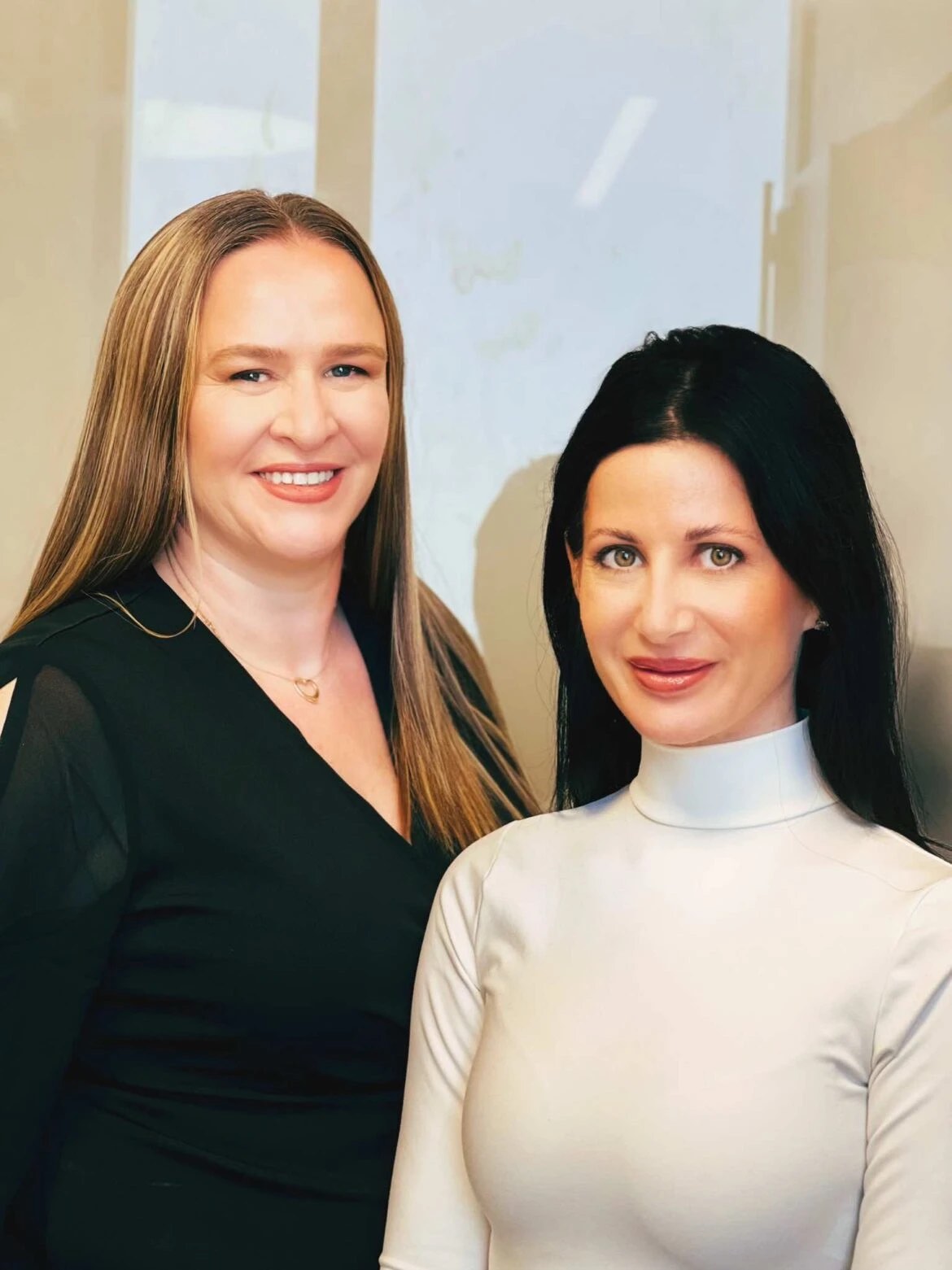Throughout the global COVID-19 pandemic, nurses have emerged as frontline heroes, bravely battling the virus and saving countless lives. However, it is essential to recognize that nurses are not just for COVID-19. Their contribution extends far beyond this crisis, and they face a severe shortage and grueling work hours that demand attention. Let us delve into the critical issues that Ciara Geraghty and Bronwyn Sciarrino post-operative care cosmetic nurses face beyond the pandemic and the underlying problems that need urgent addressing.
Nurses: The Backbone of Healthcare
Ciara Geraghty and Bronwyn Sciarrino have been the backbone of the healthcare system. They are compassionate caregivers dedicated to providing quality patient care, promoting wellness, and preventing disease. Beyond the pandemic, Geraghty and Sciarrino played an integral role in various healthcare settings, such as hospitals, clinics, and post-operative care facilities. These dedicated professionals work hard during holidays and weekends. Dealing with a lot of difficult people daily and exhausted from being underappreciated. It is not easy. However, it can be rewarding and exciting to be at the forefront of new medical advances.
Chronic Shortage of Nurses
One of the significant challenges faced by the healthcare industry is the chronic shortage of nurses. Sciarrino and Geraghty believe there still is a shortage as it is taking the licensure departments a long time to issue a license. They don’t know if it is because there is a shortage of workers, in general, to push these applications through or what. You would expect a fast-licensing process since COVID, as we want nurses. California and New Jersey specifically take at least six months to license an out-of-state licensed nurse. This issue predates the pandemic but has been further exacerbated by it. The aging population, increased healthcare demands, and retirements have created an alarming shortfall in the nursing workforce. As a result, nurses are often overworked and stretched thin, compromising patient care and their well-being.
Working Exhausting Hours
To combat the nurse shortage, many healthcare professionals find themselves working long hours, often exceeding the standard 40-hour workweek. Reports of nurses clocking in 70 hours a week have become alarmingly common. Sciarrino and Geraghty point out that people were under the impression that nurses get paid a lot of money due to the media exposing short-term travel contracts when nurses make upwards of 10k a week depending on the contract during COVID. People don’t know that these nurses were working 70-hour weeks. Sciarrino believes once those contracts ended and the new enrollment nurses were finishing their programs, they quickly realized that they didn’t make that money at all, not even close to a hospital. A new graduate will never get a travel contract without experience. New nurses need to get their hands dirty and work on a medical-surgical unit for a couple of years to learn skills, how to think critically, how to manage emergencies, and learn the body. The new generation does not want to do that, and they want to work less and be paid more. This exhausting workload places immense physical and mental strain on nurses, leading to burnout, decreased job satisfaction, and increased turnover rates.
Impact on Patient Care & Bridging the Gap
The shortage of nurses and the subsequent exhausting hours impact patient care significantly. Overworked nurses might experience fatigue, leading to decreased alertness and attentiveness, potentially jeopardizing patient safety. The lack of adequate nursing staff also means longer wait times, delayed treatments, and reduced quality of care. This vicious cycle perpetuates a negative impact on both patients and healthcare providers and unfortunately, money is a significant factor. According to Sciarrino and Geraghty, to bridge the gap, nurses need to be paid more. They need to feel appreciated and valued, and staffing ratios must be fair. Nurses were all needed so severely during COVID; then hospitals were suddenly laying nurses off and cutting positions. Meanwhile, the CEOs make millions of dollars. Doctors and nurses cannot function without each other.
Addressing the Problems
To tackle the chronic shortage of nurses and the grueling work hours they face, a multi-faceted approach is required.
1. Recruitment and Retention: Healthcare organizations must prioritize the recruitment of new nursing professionals. Offering competitive wages, benefits, and incentives, along with providing mentorship programs, can help attract and retain nurses. Additionally, creating a positive work environment that values their contributions and provides growth opportunities is essential.
2. Education and Training: Expanding nursing education programs and increasing scholarships and grants can encourage more individuals to pursue nursing careers. Supporting ongoing professional development opportunities ensures that nurses stay up-to-date with the latest practices and technologies.
3. Legislative Support: Governments need to recognize the critical role of nurses and allocate sufficient resources to address the shortage. Policies should focus on increasing funding for nursing programs, improving workplace conditions, and implementing safe nurse-to-patient ratios.
4. International Collaboration: International collaboration can help bridge the nursing shortage gap by exploring avenues for transferring nursing talent across countries. This collaboration can also enhance cultural exchange and improve healthcare practices globally.
While nurses have been hailed as heroes during the COVID-19 crisis, it is vital to recognize that their value extends far beyond this pandemic. The shortage of nurses and the burden of working exhaustive hours are problems that must be urgently addressed. The healthcare industry, governments, and society as a whole must come together to support and invest in nurses, ensuring that they are adequately staffed, well-compensated, and provided with a nurturing work environment. Only then can we truly honor their immense contributions and provide the quality patient care they tirelessly strive for.


